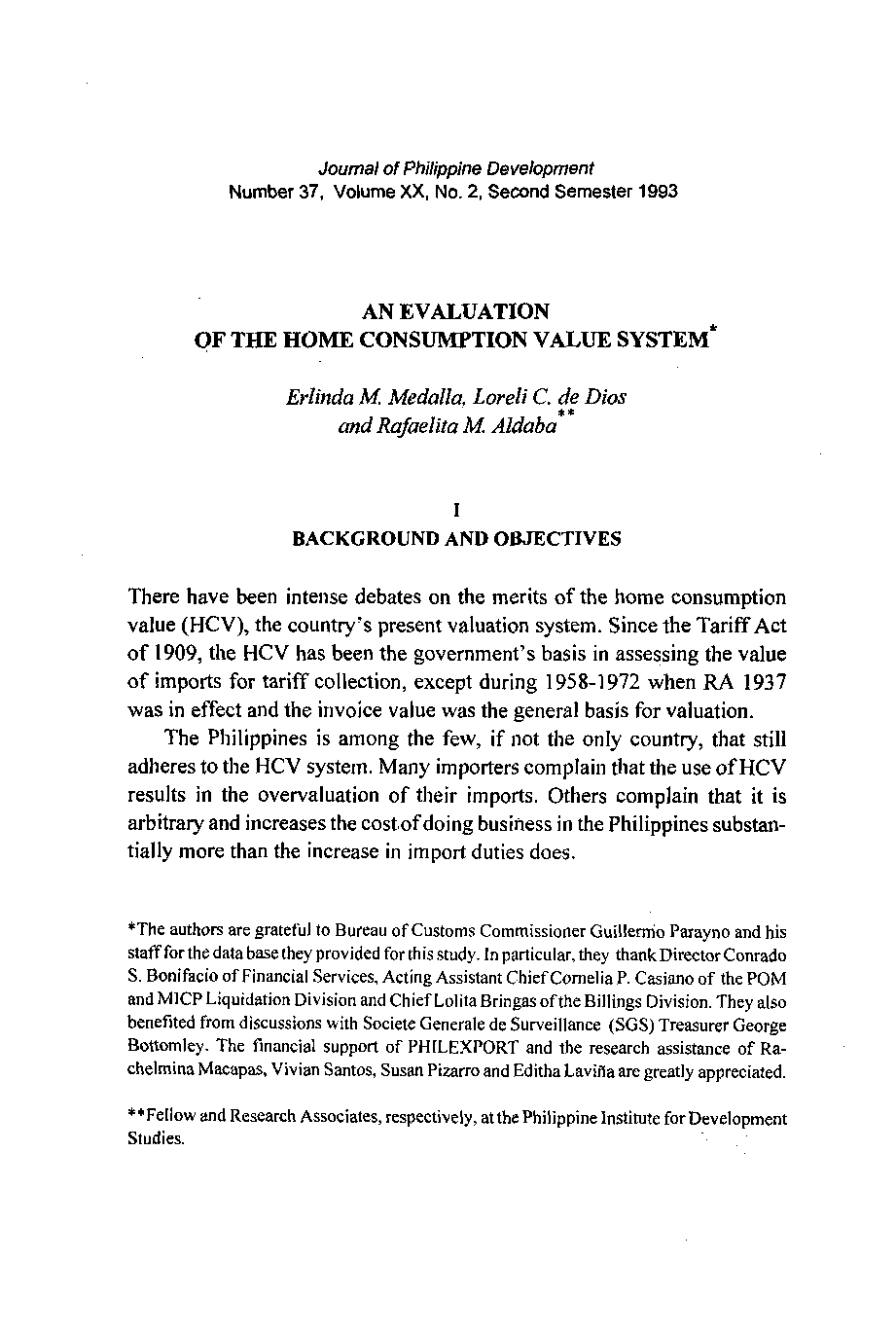Abstract
This issue examines key economic and policy issues affecting the Philippines, including trade valuation systems, international credit perceptions, financial reforms, urban classification, and rural development challenges. One study assesses the impact of the home consumption valuation (HCV) system on the country’s trade protection structure, addressing concerns over import overvaluation and estimating potential revenue effects of shifting to a different valuation basis. Another article investigates the international banking sector’s perception of the Philippines following the 1982 debt crisis. Financial sector reforms in the early 1980s are also reviewed, with findings indicating that economic instability and ineffective monetary policies have undermined efforts to improve financial intermediation. Meanwhile, a critical analysis of the Philippine census suggests that the definition of urban areas should be revised to integrate structural, institutional, and demographic factors, proposing a two-tier classification system for both trend analysis and socioeconomic planning. Lastly, an article challenges conventional measures of rural development, illustrating how shifting rural boundaries distort performance indicators. It also questions the effectiveness of the Green Revolution in addressing rural poverty.
Articles
SHARE
